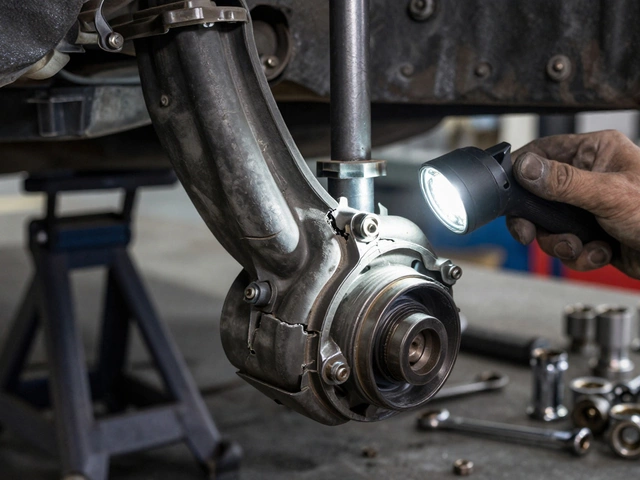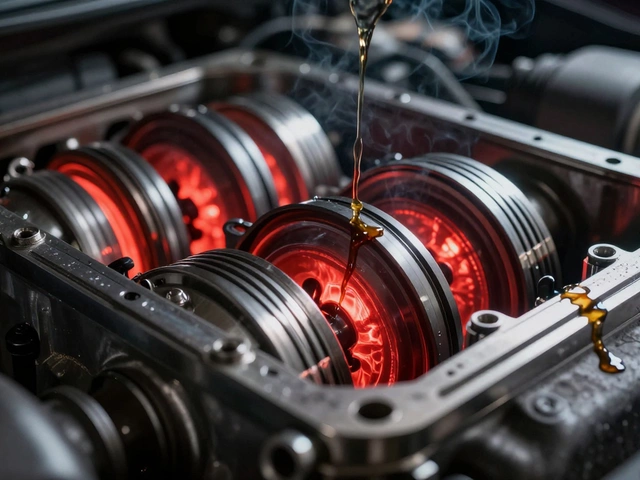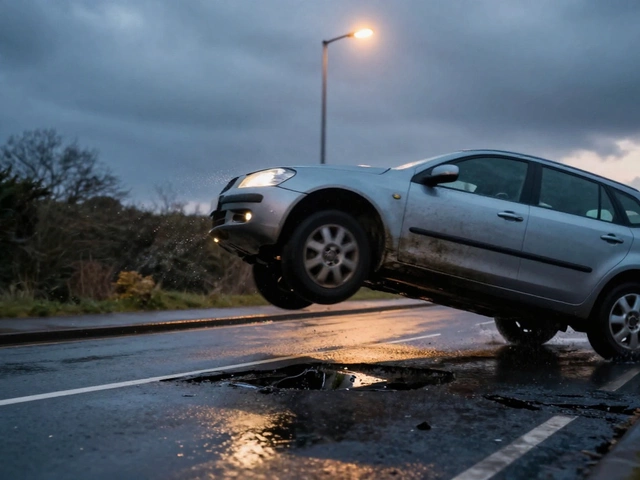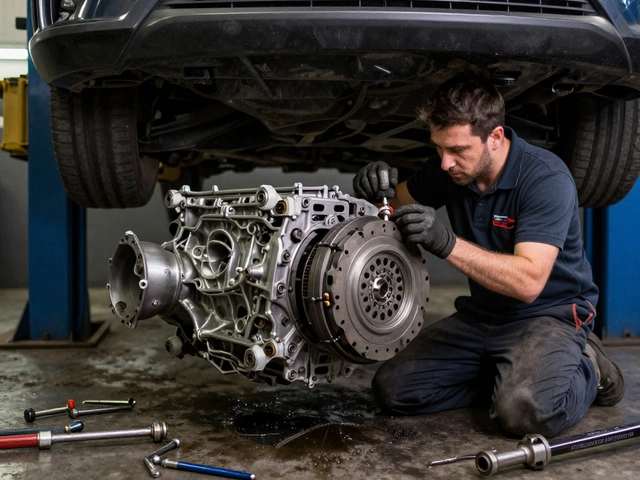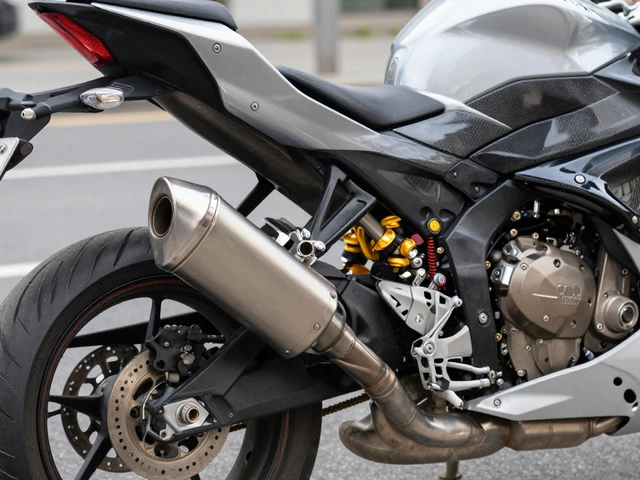Combustion in Cars: How Engine Burning Works and What Goes Wrong
When you turn the key, what actually makes your car move? It’s combustion, the controlled burning of fuel and air inside engine cylinders to create power. Also known as internal combustion, it’s the core process behind every petrol or diesel car on the road. Without it, your engine is just a heavy metal box. This isn’t magic—it’s physics, repeated thousands of times a minute. But when combustion gets messy, your car knows it. Misfires, rough idling, poor fuel economy, or even a check engine light? Those are signs your combustion process is off-balance.
Combustion needs three things: fuel, air, and a spark. Get any one wrong, and the whole system stumbles. A dirty fuel injector? That’s fuel delivery failing. A worn spark plug? The spark isn’t strong enough. A clogged air filter? Not enough oxygen to burn cleanly. These aren’t separate problems—they’re all fuel combustion, the chemical reaction that turns gasoline into motion going sideways. And when combustion is inefficient, you’re not just wasting fuel—you’re building up carbon deposits, overheating parts, and stressing your engine. That’s why skipping oil changes or ignoring bad spark plugs doesn’t just cost you money—it slowly kills your engine from the inside.
It’s not just about the spark or the fuel. The internal combustion engine, the system that converts fuel into mechanical energy through controlled explosions has to manage pressure, temperature, and timing perfectly. Too much fuel? You get rich mixtures, black smoke, and fouled plugs. Too little? The engine runs hot, knocks, and loses power. A failing fuel pump, like the ones discussed in our posts, can starve the system. A bad oxygen sensor can misread air levels. Even a cracked exhaust manifold can mess with pressure and cause false readings. These aren’t random failures—they’re all connected to how well combustion happens.
What you’ll find below isn’t theory. It’s real fixes from real cars. We’ve got guides on how to spot a failing fuel pump before it leaves you stranded, how to tell if your spark plugs are done, why oil changes matter more than you think, and how a bad radiator can indirectly wreck your combustion process by overheating the engine. You’ll learn how to read the signs—whether it’s a rough idle, a smell of unburned fuel, or a check engine light that won’t quit. This isn’t about fixing parts. It’s about fixing combustion. And when combustion works right, your car runs smoother, gets better mileage, and lasts longer.

